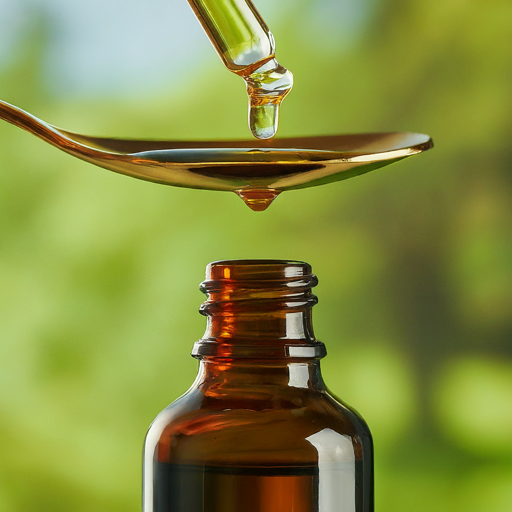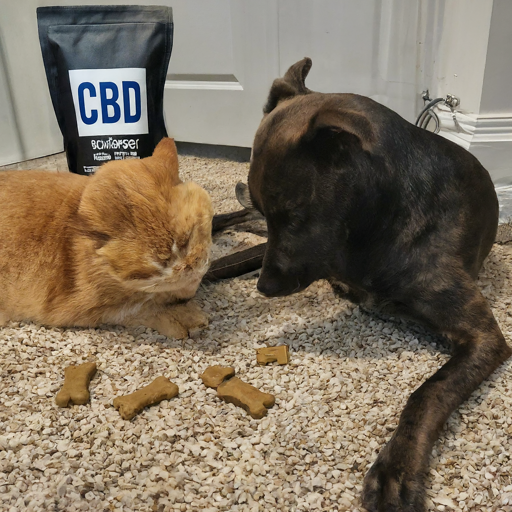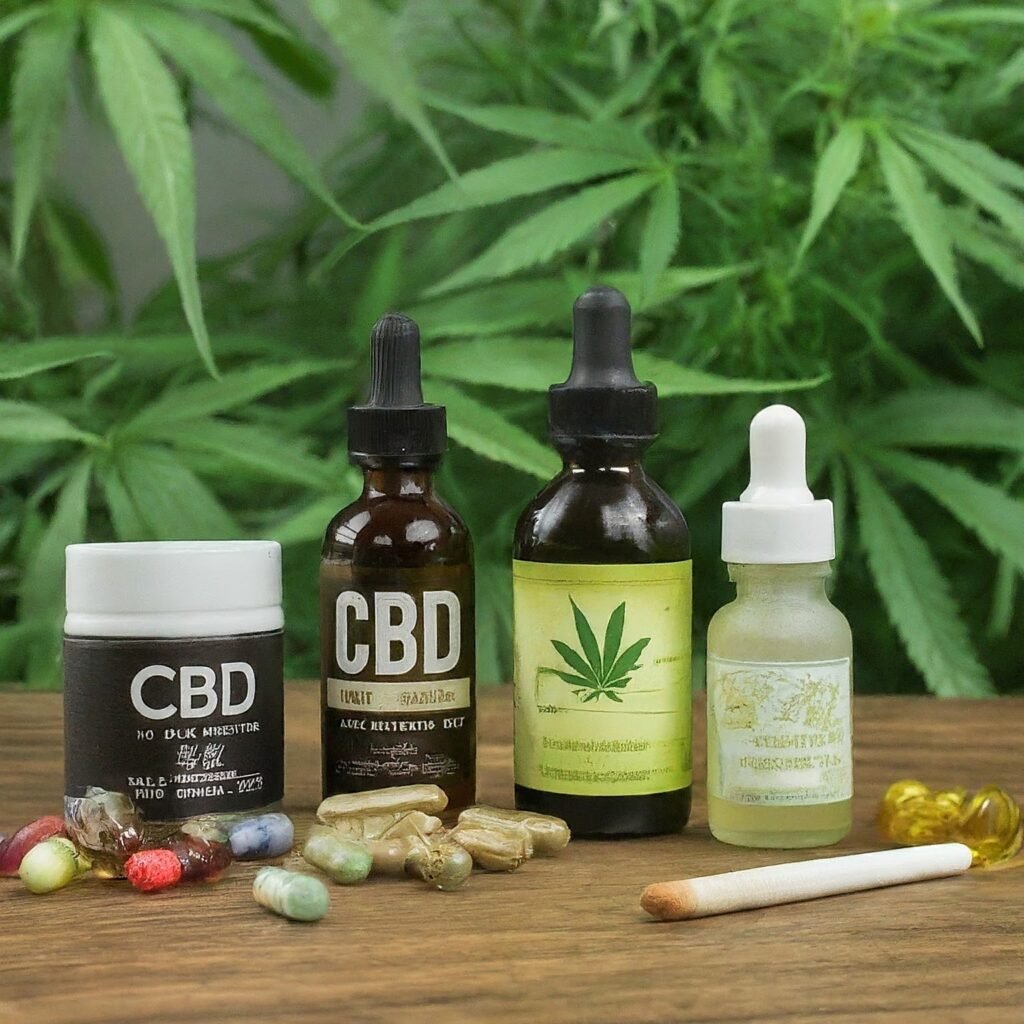Terpene Table
Understanding CBD: A Complete Guide
Unlock the Potential of CBD for Natural Wellness

Understanding the Basics
What is CBD?
CBD, short for cannabidiol, is a naturally occurring compound found in the cannabis plant. Unlike its counterpart THC, CBD does not produce any psychoactive effects, meaning it won’t get you “high.”
Derived primarily from hemp, a variety of cannabis with negligible THC levels, CBD has gained popularity for its potential therapeutic benefits. Research suggests it may help alleviate anxiety, reduce pain and inflammation, improve sleep quality, and more.
While scientific exploration into CBD’s full potential is ongoing, many people are incorporating it into their wellness routines as a natural alternative or complement to traditional treatments. If you’re curious about CBD and its potential benefits, you’re in the right place!
Potential Benefits of CBD
Exploring CBD’s Therapeutic Promise
Neuroprotective Properties
Research suggests that CBD may have neuroprotective effects, potentially benefiting individuals with neurological disorders like epilepsy and multiple sclerosis. It may also play a role in protecting brain health and slowing cognitive decline.
Combat Insomnia with CBD
CBD may interact with the endocannabinoid system to promote relaxation and reduce anxiety, potentially improving sleep quality and offering benefits for individuals experiencing insomnia or other sleep-related challenges.
Natural Pain Management
CBD may interact with the endocannabinoid system to influence pain perception, potentially offering relief for chronic pain and serving as a natural alternative to traditional pain management. Studies suggest it may be effective for neuropathic pain.
Anxiety and Stress Reduction
CBD’s calming effects on the nervous system may help individuals cope with anxiety and stress, promoting a greater sense of well-being. It may also help reduce panic attacks.
Anti-inflammatory Effects
CBD’s potential anti-inflammatory properties may help reduce inflammation throughout the body, which could benefit those with inflammatory conditions like arthritis.
Cardiovascular Health Support
Some studies suggest CBD may contribute to cardiovascular health by potentially reducing blood pressure and improving heart function, though more research is needed.
Is CBD Legal?
The legality of CBD can be a bit complex, as it depends on several factors, including its source and the specific laws in your location.

Federal Level
The 2018 Farm Bill legalized hemp-derived CBD products containing less than 0.3% THC at the federal level.
State Level
While hemp-derived CBD is federally legal, some states may have additional restrictions or regulations.
Traveling with CBD
Traveling with hemp-derived CBD products across state lines is generally permitted, as long as the products comply with federal law (less than 0.3% THC).
International Laws
The legal status of CBD varies significantly around the world. If you’re traveling internationally be sure to research the laws in that specific location.
Explore the Different Types of CBD Products
How to Choose the Best CBD Form for Your Health and Wellness Goals

CBD Oils and Tinctures
CBD oils and tinctures are perhaps the most popular and versatile form of CBD. They are typically made by extracting CBD from the hemp plant and then diluting it with a carrier oil like MCT oil or hemp seed oil. These products come in various concentrations and flavors and are often taken sublingually (under the tongue) for fast absorption.
CBD Edibles
CBD edibles offer a discreet and enjoyable way to consume CBD. From gummies and chocolates to baked goods and beverages, the options are endless. Edibles are digested and metabolized by the liver, leading to a slower onset of effects but longer-lasting relief.


CBD Topicals
CBD topicals are applied directly to the skin, offering localized relief for muscle pain, joint stiffness, and skin conditions. These products come in various forms like creams, balms, salves, and lotions, making them ideal for targeted application.
Additional CBD Products
Besides the most common forms mentioned above, you can also find CBD in capsules, vapes, and even pet products. Each type has its own unique benefits and considerations, so it’s important to choose the one that best suits your needs.

Choosing the Right CBD Product
Navigating the vast array of CBD products can feel overwhelming. However, with a little understanding, you can make informed choices that align with your individual needs and preferences. Here’s a guide to help you select the perfect CBD product.


Define Your Needs
Begin by identifying your primary goals for using CBD. Are you seeking relief from pain, anxiety, or sleep issues? Or are you simply looking to enhance your overall wellness? Understanding your specific needs will help narrow down your options.

Consider CBD Potency and Dosage
CBD products come in various potencies, indicated by the milligrams (mg) of CBD per serving. It’s essential to choose a potency that aligns with your needs and experience level.
– If you’re new to CBD, start with a lower potency product and gradually increase the dosage as needed.
– For specific conditions or more pronounced effects, a higher potency might be necessary.
– Consult with a healthcare professional for personalized dosage recommendations.

Prioritize Third-Party Lab Testing
Reputable CBD companies will provide third-party lab test results for their products. These tests verify the CBD content and ensure the absence of harmful contaminants like pesticides, heavy metals, and residual solvents.

Research Brand Reputation
Choose brands that are transparent about their sourcing, manufacturing processes, and lab testing. Look for companies with positive customer reviews and a strong reputation in the CBD industry.

Choosing the Perfect CBD Product: A Deeper Dive
When choosing a CBD product, consider the type of CBD that best fits your needs: full-spectrum (contains all cannabinoids and terpenes), broad-spectrum (most cannabinoids, no THC), or CBD isolate (pure CBD). Pay attention to carrier oils, as some offer added benefits. For oils and edibles, flavor matters, so pick one you enjoy. Finally, prioritize quality and transparency over price when selecting your CBD product.
Frequently Asked Questions About CBD
Frequently Asked Questions About CBD.
What is CBD?
CBD, short for cannabidiol, is a natural compound found in the cannabis plant. Unlike THC, it’s non-intoxicating and won’t get you “high.”
Is CBD legal?
Hemp-derived CBD with less than 0.3% THC is federally legal in the U.S., thanks to the 2018 Farm Bill. However, state laws may vary, so it’s crucial to check your local regulations.
Is CBD safe?
CBD is generally well-tolerated, but it’s essential to consult your doctor before use, especially if you have any existing medical conditions or take medications.
Will CBD get me high?
No, CBD is non-psychoactive and will not produce a “high.” The intoxicating effects of cannabis are caused by THC, a different compound.
Will CBD show up on a drug test?
While rare, full-spectrum CBD products (containing trace amounts of THC) could potentially trigger a positive drug test. If this is a concern, opt for broad-spectrum or isolate CBD products.
How much CBD should I take?
The ideal CBD dosage varies depending on individual factors such as body weight, desired effects, and the specific condition being addressed. Start with a low dose and gradually increase until you find what works best for you.
How long does it take for CBD to work?
The onset time varies depending on the product type and consumption method. Sublingual oils and tinctures tend to act faster (within 15-30 minutes), while edibles may take 30 minutes to 2 hours to take effect.
What are the different ways to take CBD?
CBD comes in various forms, including oils, tinctures, edibles, capsules, topicals, and vapes. Each method offers different benefits and considerations.
Can I take CBD with other medications?
CBD can interact with certain medications. It’s crucial to consult with your doctor before using CBD, especially if you’re taking any prescription drugs.
What are the potential benefits of CBD?
Research suggests CBD may offer various benefits, including reducing anxiety and stress, improving sleep, managing pain, and supporting overall wellness.
What are the potential side effects of CBD?
While generally safe, CBD may cause side effects like dry mouth, diarrhea, changes in appetite, or drowsiness.
Is CBD addictive?
While rare, fullNo, CBD is not considered addictive.
Can I give CBD to my pet?
Yes, there are CBD products specifically formulated for pets. Consult your veterinarian before giving CBD to your pet.
Is CBD safe for pregnant or breastfeeding women?
There’s limited research on CBD’s safety during pregnancy and breastfeeding. It’s best to avoid CBD during these periods unless advised by a healthcare professional.
Can CBD interact with other medications?
Yes, CBD can interact with certain medications. Always consult with your doctor before using CBD if you’re taking any other medications.

CBD: A Path to Natural Wellness
As we’ve explored, CBD offers a world of potential benefits for both physical and mental well-being. From managing pain and anxiety to promoting sleep and supporting brain health, CBD has emerged as a versatile natural remedy. With its various forms, including oils, edibles, topicals, and more, you can find the perfect CBD product to suit your individual needs and preferences.
Remember, the journey to wellness is personal. Take the time to research and understand CBD, consult with a healthcare professional, and choose high-quality products from reputable brands. By prioritizing quality and transparency, you can harness the potential of CBD and embark on a path to natural wellness.
Are you ready to explore the benefits of CBD for yourself? Consult with your healthcare provider today and discover how CBD can become a valuable addition to your wellness routine.
